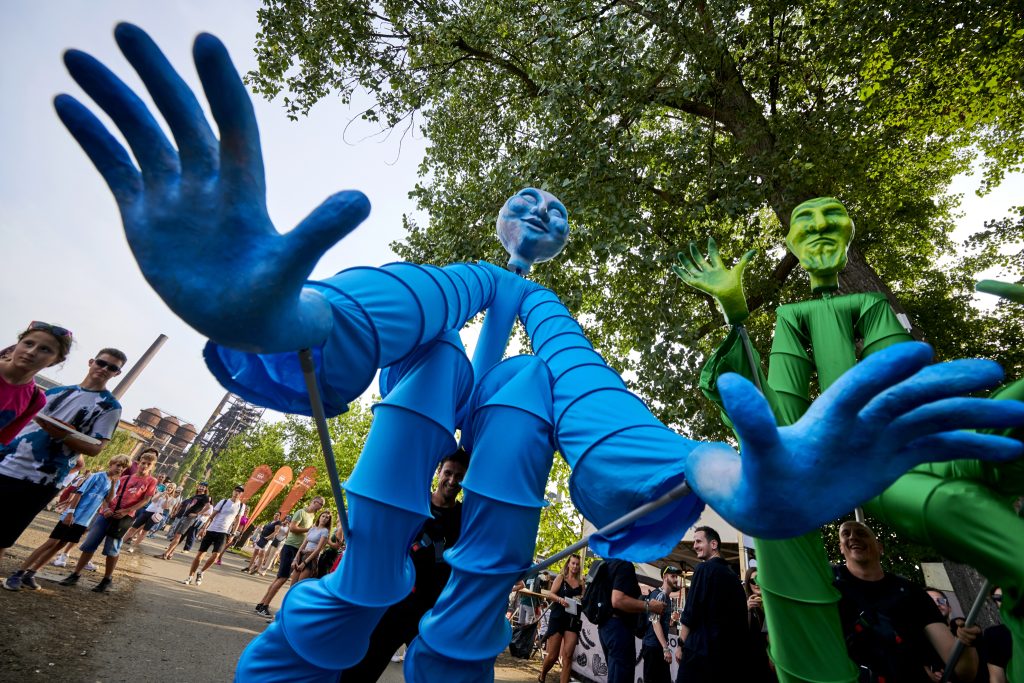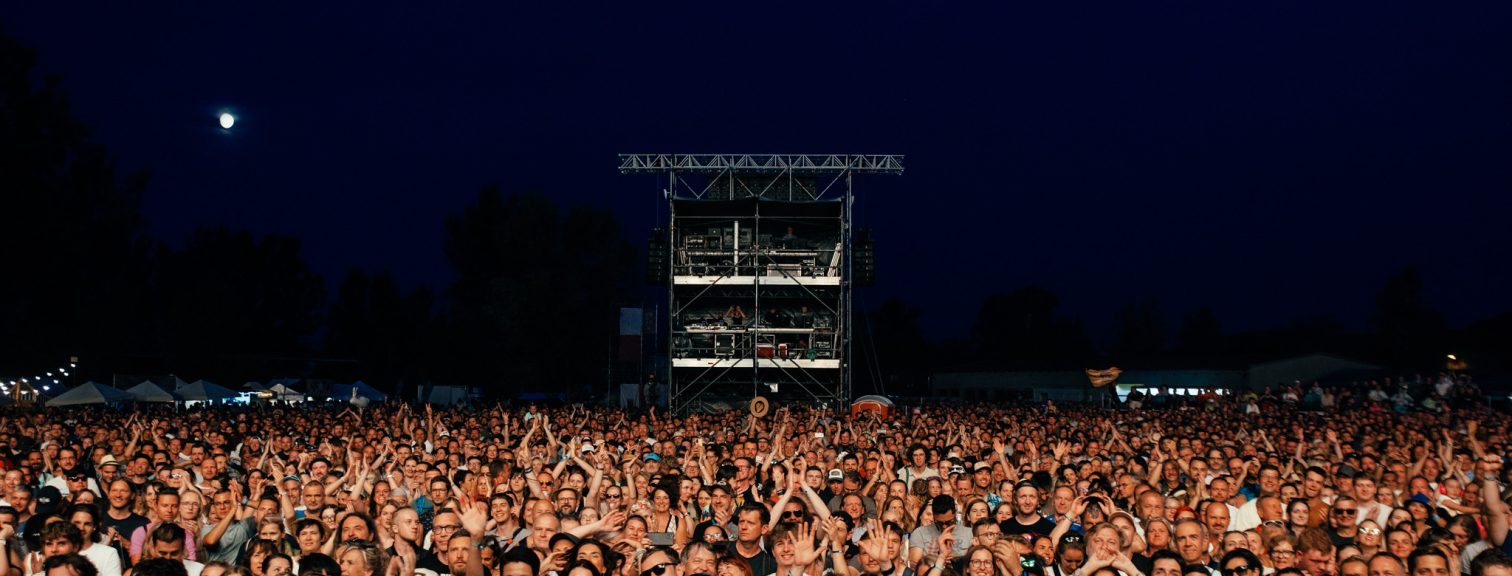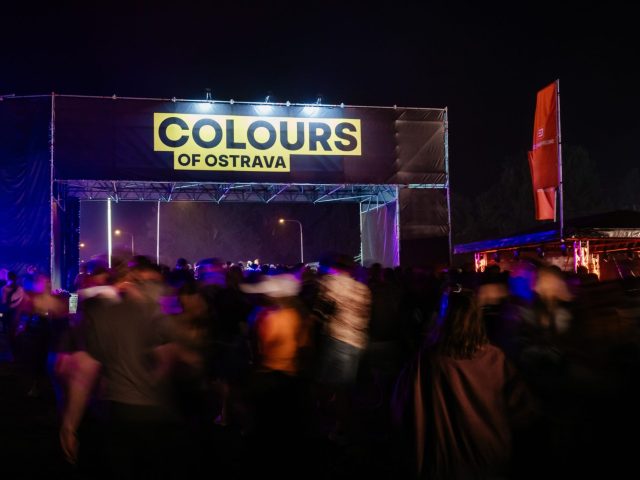
1. Fake tickets
One of the most common issues festivalgoers encounter is the sale of invalid or counterfeit tickets via social media or unofficial resale platforms. It’s not unusual for scammers to sell the same ticket to multiple people, and only the first to use it gains entry, leaving the others disappointed at the gate.
As organisers of a major cultural event, we strongly recommend purchasing tickets only through official channels. For Colours of Ostrava, this means buying directly via GoOut, our authorised ticketing partner, or through TicketSwap – a secure ticket resale platform we’ve been proudly collaborating with for three years now.
With over 15 million users worldwide and a dedicated customer support team of 50 people, TicketSwap is a reliable solution for those looking to buy or resell festival tickets securely.
But scammers are nothing if not creative. “At one of our partner festivals, we encountered a situation where excited fans shared photos of their freshly purchased tickets in their Instagram Stories,” says Tereza Piperková from TicketSwap. “Because of the high resolution of these photos, all the ticket details – including barcodes – were visible. All it took was a screenshot, and the fraudsters were able to use the ticket themselves.”
The general rule of thumb? Feel free to share your excitement online, but make sure to cover any QR codes or other unique details when posting photos of your ticket. It’s a small step that can save you a lot of hassle at the entrance.
2. Fake festival websites
Alongside counterfeit tickets, another growing threat is the rise of fraudulent websites posing as official festival pages. Scammers have become increasingly sophisticated – these sites often feature fake reviews, illegally used logos of well-known institutions, and convincing designs to mislead visitors.
So, how can you spot a fake site? We asked Andrea Kameníčková, a client security specialist at Česká spořitelna, for her advice:
“It’s crucial to stay vigilant, especially online. I always recommend checking the website’s URL carefully or searching for the site via a search engine. Scammers often change just one small detail – a letter, a hyphen – which can be easy to miss.”
And what about the misuse of payment details?
“You might enter your card details on a fake festival site, and although the scammers may not charge your account immediately, they now have access to sensitive information that could be abused later,” explains Kameníčková.
“To stay protected, consider insurance for personal belongings and payment cards – many banks, including Česká spořitelna, offer this kind of coverage. If you’ve paid by card and realise you’ve been scammed, you can request a chargeback through your bank. There’s a good chance your money will be refunded.”

3. Accommodation scams
Unfortunately, scammers don’t stop at fake tickets or misused payment data. From time to time, we also encounter cases involving non-existent accommodations – seemingly legitimate listings that turn out to be completely fake.
To stay safe, we strongly recommend booking your stay through the official Colours of Ostrava campsites. You can find the full list and booking options right here.
If you prefer a hotel or guesthouse, we’ve also put together a curated selection of trusted accommodation options, which you can explore through this link.
4. Phishing via SMS, Email, or WhatsApp
Many people assume that online scams mainly target older generations. But the reality is quite the opposite. With Gen Z and millennials spending more time online and often reacting quickly to messages, they’ve become prime targets for digital scams.
Currently, WhatsApp is a popular platform for phishing scams. You might receive a message with a suspicious link from what appears to be a friend’s real number. But even in this case, proceed with caution. Your friend likely clicked on a malicious link themselves, allowing scammers access to their phone data, including their entire contact list, and yours. The best way to stop this unfortunate chain reaction is simple: don’t click on unfamiliar links. Instead, pick up the phone and call your friend to check whether the message was really from them.
While it’s true that scammers sometimes infiltrate the world of cultural events, it’s important to remember that the vast majority of people come to festivals with open hearts, positive energy, and a genuine love for music and community. Festivals are spaces of connection, creativity, and freedom – and it’s thanks to people like you, who approach them with good intentions, that these values thrive. With a little more caution and mutual respect, we can all help ensure that festivals remain safe, joyful, and inspiring experiences for everyone.
The article was created in collaboration with our general partner, Česká spořitelna, and the TicketSwap platform.





